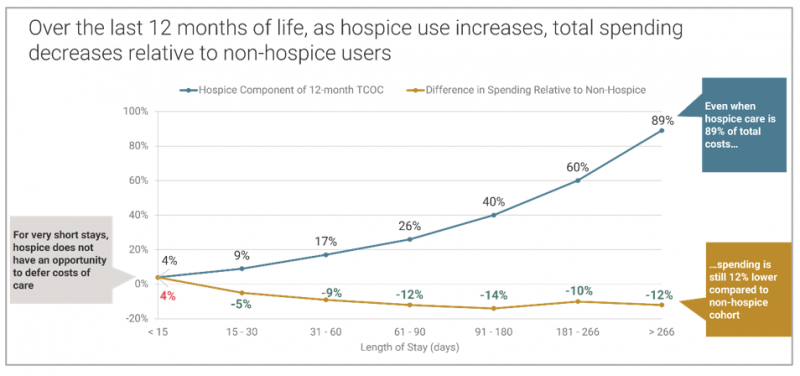For Immediate Release
Photo link
August 17, 2023
Hospice and Palliative Care Leaders Gather in Times Square to Celebrate his Life and Legacy
(New York, New York) — Today, the National Hospice and Palliative Care Organization (NHPCO) brought together an intimate group of hospice leaders in Times Square, New York City to acknowledge six months since former President Jimmy Carter entered hospice care and to thank him for his leadership.
Back in February, President Carter and his family chose hospice care for his end-of-life journey. By sharing that choice publicly, the Carters have sparked a national conversation and countless private ones about the value of hospice.
At today’s event, brief remarks were given in front of an illuminated Nasdaq screen by NHPCO COO and interim CEO, Ben Marcantonio, and other hospice leaders who joined together in one of America’s most well-known public squares to express gratitude for President Carter’s leadership and the courageous conversations he has inspired.
“The Carters’ service to humanity has served as a wonderful example to all of us. He has shown us how to be deeply human. President Carter and his family are doing that again now for his end-of-life journey,” said Marcantonio. “I hope we will all take a cue from President Carter and be more willing than ever to have courageous conversations with our doctors and loved ones that help people think about how they want to experience their own hospice journey when it’s their time.”
“The hospice approach is different from any other approach to healthcare. We put patients and their goals at the center of the plan of care. With that approach, we can help people live their final weeks or months to the fullest. For some patients, that means visiting the beach one last time. For others, it means working on their art or recording their memoirs. For some it means attending a grandchild’s wedding,” said Jacqueline Lopez-Devine, Chief Clinical Officer for Gentiva. “In all cases, it includes the patient and their loved ones being clear about what’s important, and then tailoring the plan of care to those goals.”
“Death is one of the few things that all humans have in common, yet we generally avoid talking about it. If we are willing to break through the taboos – if we’re willing to have courageous conversations – we can help people have the end-of-life journey they deserve, and the impact that has on them and their loved ones is profound,” said Susan Lloyd, President & CEO, Delaware Hospice. “Hospice care is not about living longer; it’s about making the most of the time we have left. President Carter and his family are just one example of the ways in which hospice can transform lives.”
A recording of the event is available here.
###
About NHPCO
The National Hospice and Palliative Care Organization (NHPCO) is the nation’s largest and oldest membership association for providers who care for people affected by serious and life-limiting illness. Our members deliver and expand access to high-quality, person-centered interdisciplinary care to millions of Americans. NHPCO provides education and resources to support that mission. Together with our advocacy partner, the Hospice Action Network (HAN), we serve as the leading voice advancing public policy to improve serious-illness and end-of-life care, while our CaringInfo program provides free resources to educate and empower patients and caregivers. nhpco.org.
Press Contact:
Madison Summers
Phone: 571-412-3973
Email: msummers@nhpco.org


